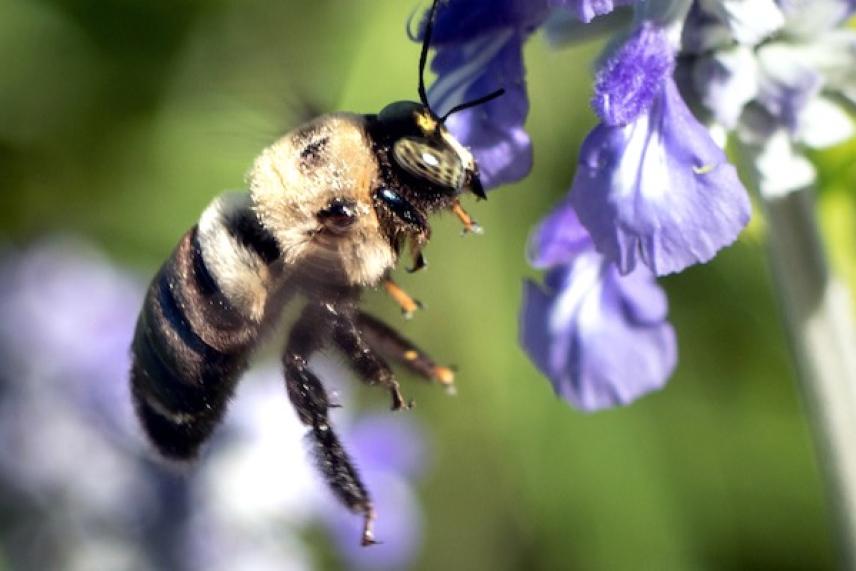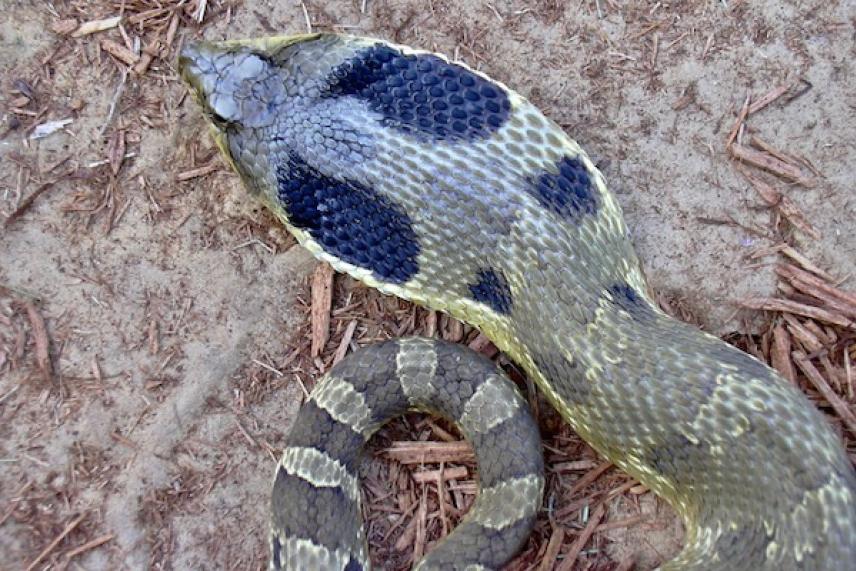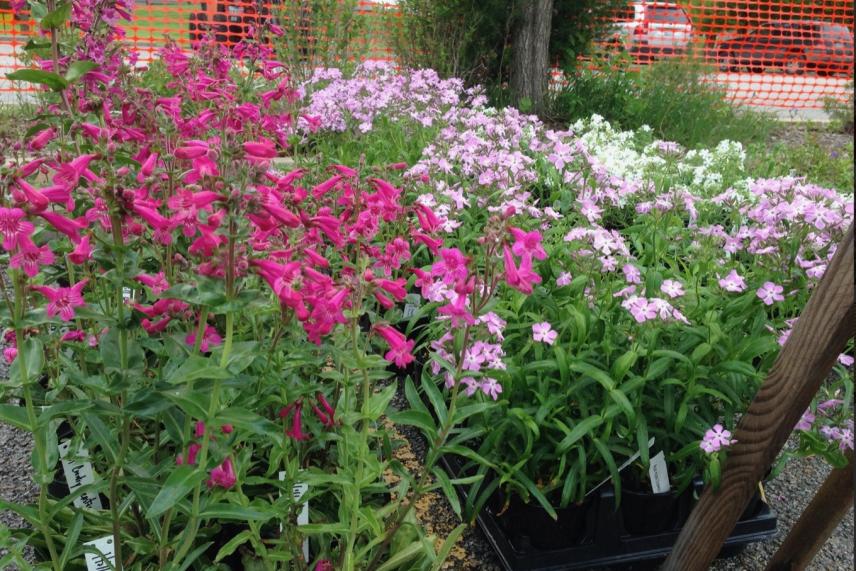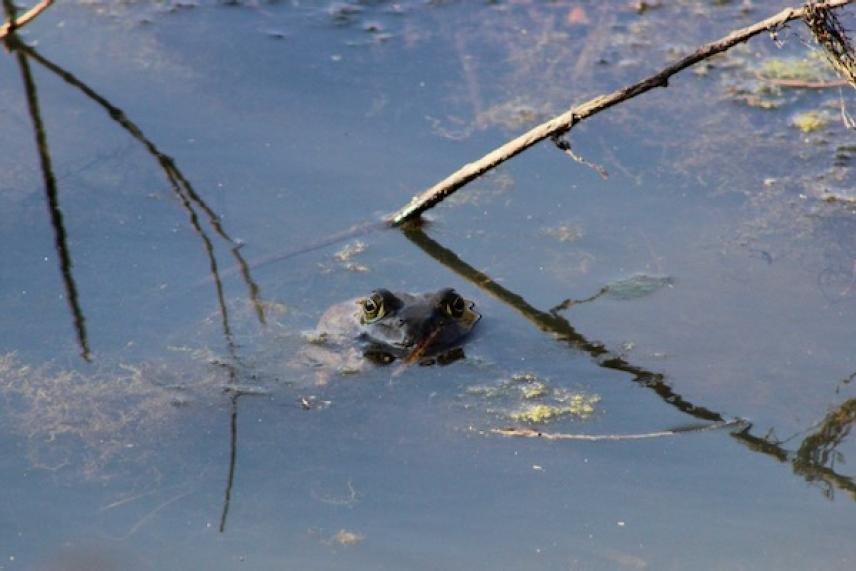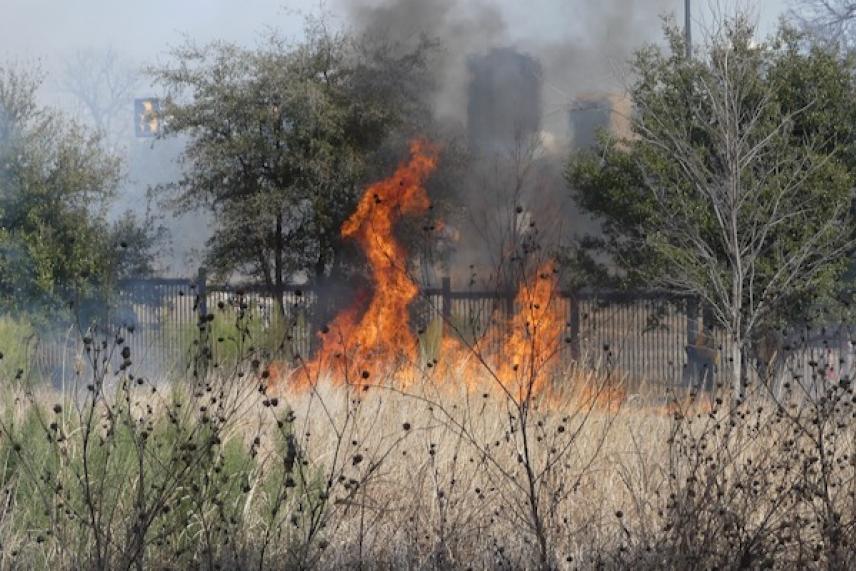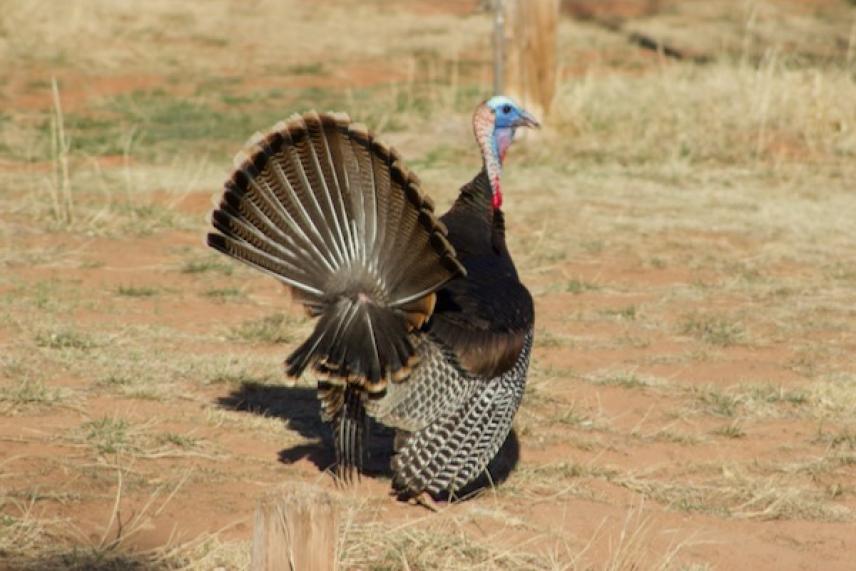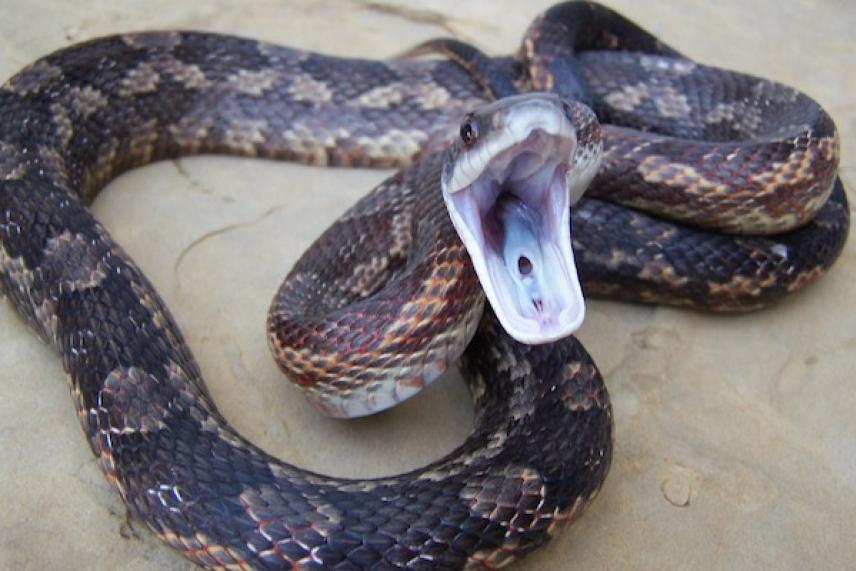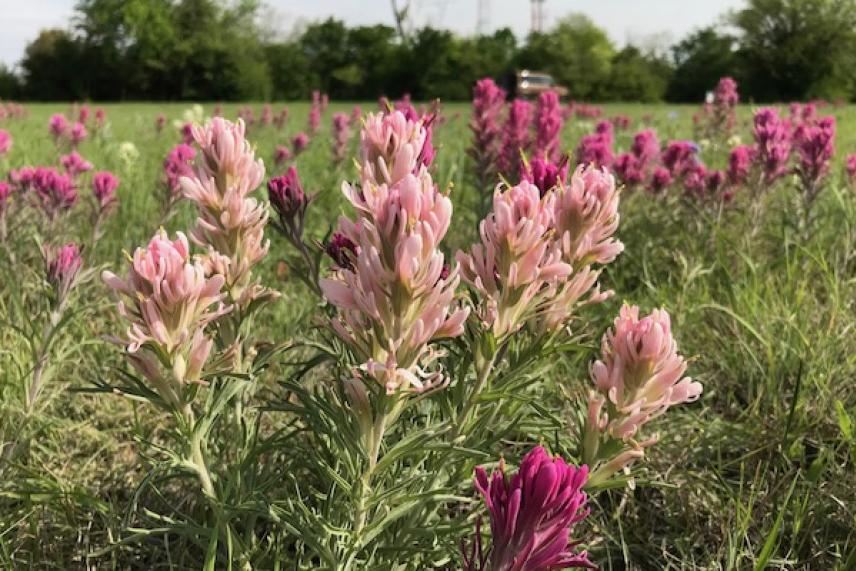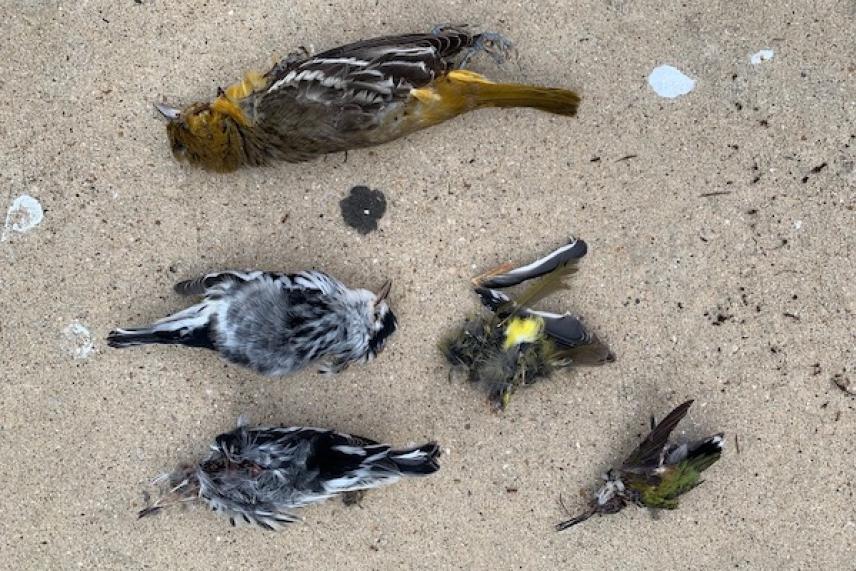Bee friendly cities, colleges help local pollinators
Cities and colleges in North Texas collaborate with Bee City USA to aid endangered pollinators, threatened by habitat loss, pesticides, and climate change. Denton, Arlington, Grapevine, and universities like UNT are enhancing green spaces and launching educational initiatives to create bee-friendly environments.
